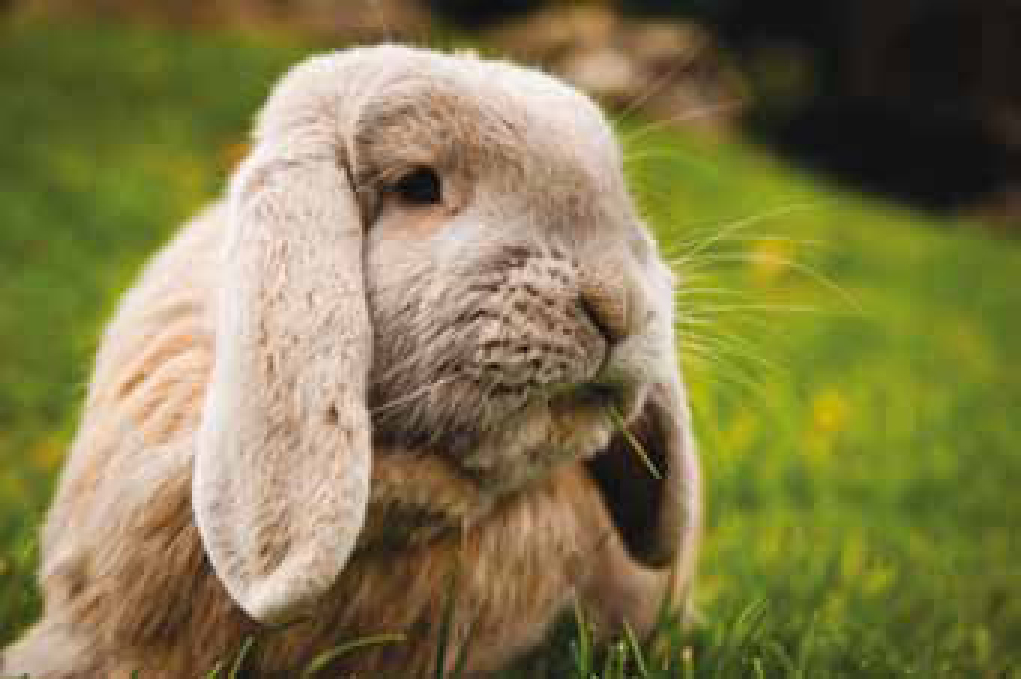Unfortunately, rabbits are still thought of as an ‘easy’ introduction to owning a pet for children — a way of teaching them how to be responsible for another living being and every-thing that goes with this. Sadly, the enthusiasm for looking after a rabbit can soon diminish after the novelty wears off and the once exciting pet that isn't quite as cuddly as originally thought quickly becomes last year's favourite ‘toy’ — forgotten about.
Of course children can enjoy learning about rabbits and interacting with them, but perhaps not in the manner that they had originally hoped. It is important that if a rabbit is bought for a child (or indeed bought by an adult for themselves), that expectations are well managed to avoid later disappointment.
Rabbits don't enjoy being picked up and cuddled and they are easily frightened. They often feel that the only way to keep safe is to run away and hide from enthusiastic children who understandably want to make friends with their new pet, and some rabbits may learn to use aggression if all else fails.
A child who gets scratched or bitten by a frightened rabbit will understandably lose interest in taking part in their care. As disappointment sets in and interest wanes, thousands of rabbits every year are abandoned, given to animal charities or simply forgotten about.

How to have a happy bunny
Sadly, many rabbits end up living a desperately lonely existence in a small hutch with little or no opportunity to carry out normal behaviour. By following our Blue Cross top tips, rabbit owners can make sure their rabbits have everything they need for a contented life:
- Rabbits need company of their own kind, not any other species like guinea pigs. A neutered male and neutered female rabbit are the best combination.
- Rabbits need lots of space to run around, stretch their back legs and stand upright. Living in a confined space can lead to severe discomfort and even spinal damage.
- Rabbits need lots of mental stimulation. Tunnels made from cardboard boxes and bits of fruit and veg hung at different heights can help to keep them entertained.
- Some rabbits can be very frightened of being picked up and may bite or kick. But they often love interacting with humans at ground level and will often climb onto a cosy warm lap to get a tasty treat.
- Rabbits need plenty of good quality hay to nibble on throughout the day. A bad diet can lead to serious gut and teeth problems.
- Rabbits can live for up to 8 years and costs can soon stack up — the right accommodation, neutering, vaccinations, regular check-ups from the vet and an appropriate diet to keep their delicate digestive system working properly will soon mount up.
So, should they get a rabbit?
Rabbits can make fantastic pets if properly understood and not just bought on a whim. They can be extremely interactive, entertaining and fun if given the correct housing, environment, space, the right diet and most importantly companionship of their own kind. Rabbit owners should make sure the whole family are ready for such a commitment, and are willing and able to provide the correct care that these special pets need and deserve.
If it has been decided that a rabbit is the right pet it is worth considering rehoming one from a charity — Blue Cross has lots of unwanted rabbits that need loving homes. We also have lots of information about how to care for rabbits — www.bluecross.org.uk

